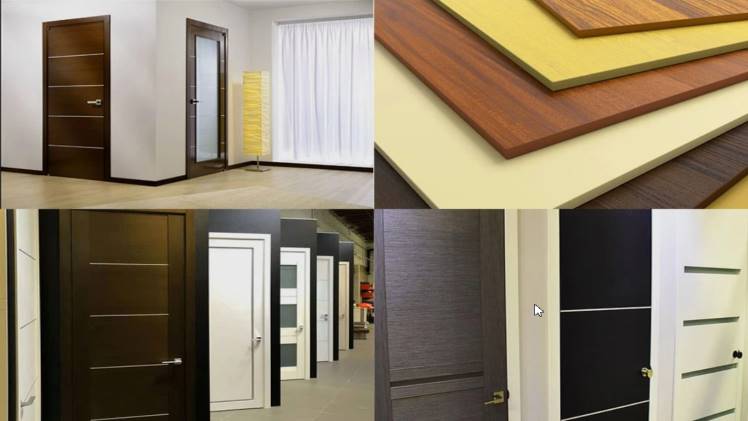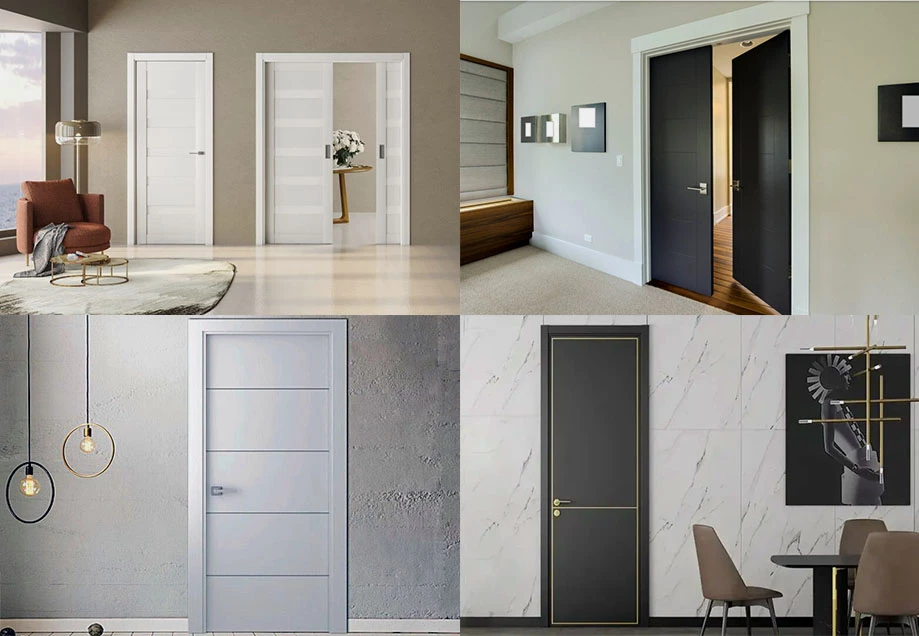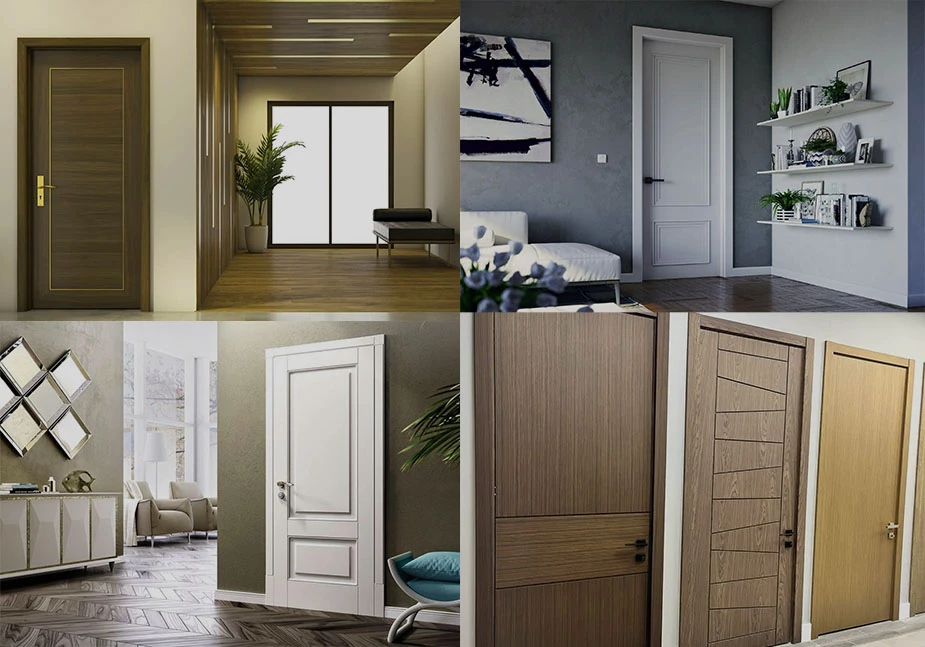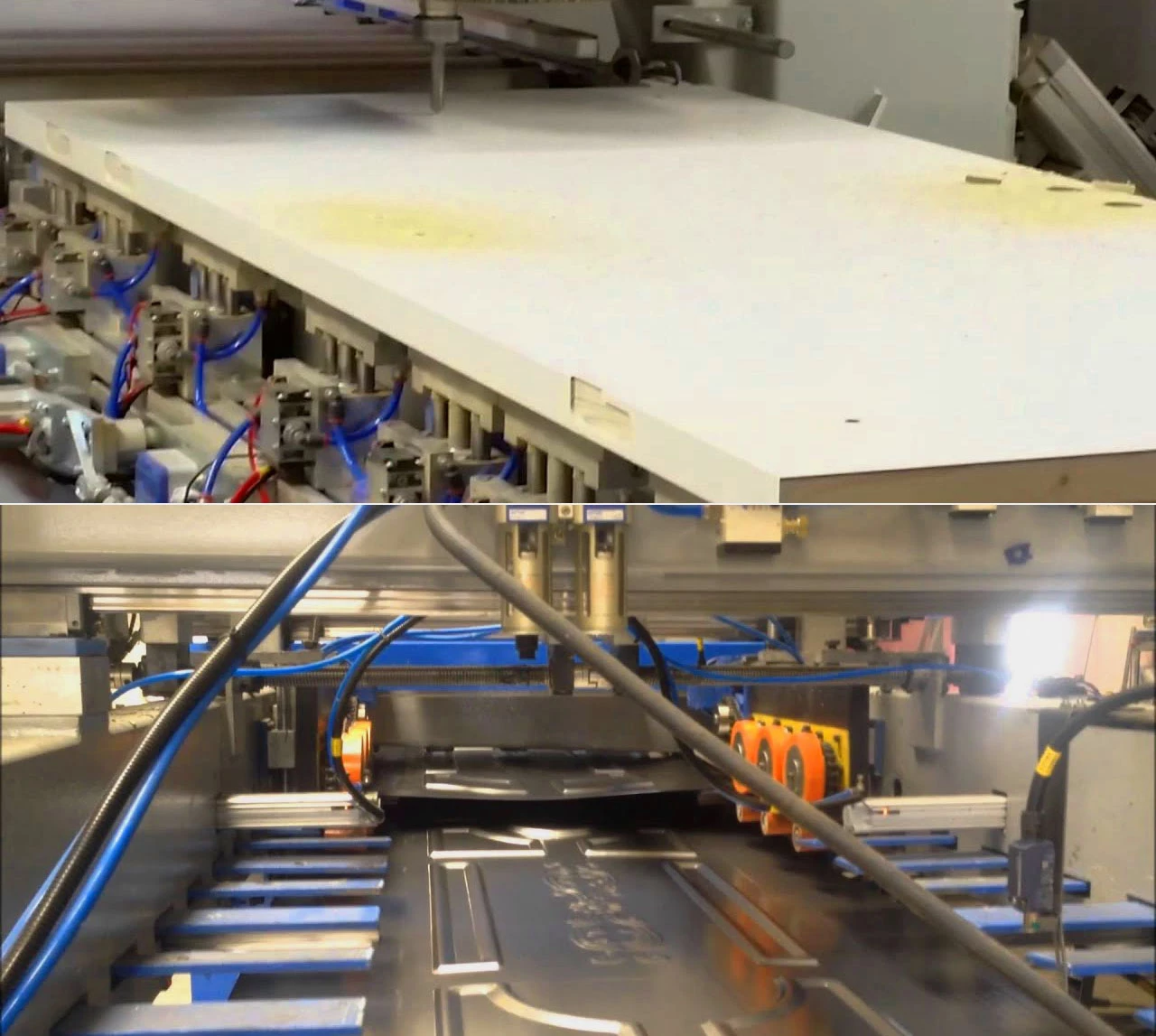Innovative technologies in the production of Interior Doors

Utilization of materials
Significant progress is being made in the production of interior doors thanks to the use of new materials. One of the most promising materials is composite. This material boasts high strength and resistance to moisture, making it an ideal choice for doors, especially in high-humidity conditions such as bathrooms and kitchens.
Another innovative material widely used in door manufacturing is glass.
Due to technological advancements, glass has become more durable and safer for use in doors.
It is also worth noting the development of new types of wood-polymer composites, which not only have an attractive appearance but also increased resistance to moisture and mechanical damage.
These materials provide door manufacturers with greater design freedom and enable the creation of products with a long service life.
Acquiring interior doors in Indiana, crafted with advanced technologies, unique designs, and high levels of detail, is possible through the website https://indigodoors.com/indiana/
Progress in design and styling
Modern technologies enable the production of interior doors with a high level of detail and personalized design. One of the trends in door design is minimalism. Simple lines, absence of unnecessary embellishments, and predominance of neutral tones make doors elegant and contemporary.
The importance of color in door design should also be noted. Modern painting technologies enable achieving a wide range of shades, allowing for the selection of a door that perfectly complements the room’s interior. Additionally, the use of different textures and finishing materials adds refinement and style to doors.
Many door models are equipped with built-in storage mechanisms or additional features such as sound insulation or fire protection.

Smart technologies in doors
The advancement of smart technologies is being integrated into the production of interior doors. One of the most innovative technologies is the smart lock system. These locks feature touch control and the ability to integrate with smart home systems, providing an additional level of security and convenience.
Another example of smart technology is doors with automatic opening. Sensors recognize approaching individuals and activate the opening mechanism, which is especially convenient when your hands are full or you can’t use a key.
Technologies such as fingerprint recognition or iris scanning are also finding their application in smart doors, ensuring a high level of security and exceptionally individualized access.
Utilization of new materials
In a constant pursuit of enhancing the quality and functionality of interior doors, manufacturers are actively researching new materials and technologies. One of the latest achievements is the application of carbon nanotubes in door production. This material possesses unique properties such as high strength, lightness, and resistance to various external factors, making it an ideal choice for creating durable and reliable doors.
Another promising material is biocomposite, derived from natural plant fibers and biopolymers. This material is not only environmentally friendly but also has high strength and resistance to moisture, making it an excellent option for use in doors, especially in high humidity conditions.

Glass doors using such innovative materials not only become stylish interior elements but also ensure a high level of functionality and safety.
Environmental aspects
Today’s consumers are increasingly paying attention to the environmental aspects of products, including interior doors. In response to this, manufacturers are actively integrating environmentally friendly materials and technologies into door production. One of the key trends is the use of recyclable materials, such as wood fiberboards, which are a more environmentally friendly alternative to traditional wood materials.
These boards are made from wood waste and have a high degree of resistance to moisture and heat.
The use of modern technologies helps to reduce energy and water consumption, thus contributing to reducing the negative impact on the environment.
Another important aspect of environmental sustainability is the durability and repairability of doors. Producing high-quality doors that do not require frequent replacement or repair helps to reduce waste and lessen the burden on natural resources.
Moreover, many companies offer certified environmentally friendly products, providing consumers with confidence that the doors they purchase meet high standards of environmental safety.
The future of innovations in Interior Door manufacturing

With the advancement of technology and evolving consumer preferences, there are many more innovations to come in the production of interior doors. One promising direction is the further improvement of smart technologies.
Manufacturers aim to make doors even more convenient and secure by integrating them with other smart home devices and enabling remote control capabilities.
Another area of development is enhancing the environmental sustainability of doors. Manufacturers will actively seek new materials and technologies to create more environmentally friendly and energy-efficient products.
Furthermore, considering the growing interest in interior personalization, it is expected that manufacturers will offer an increasingly wide range of designs, color schemes, and textures to meet the needs of the most discerning consumers.
Overall, innovations in interior door manufacturing will focus on providing comfort, safety, style, and environmental sustainability, meeting the challenges of the modern market and consume



